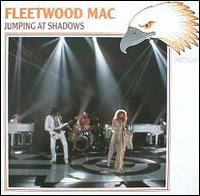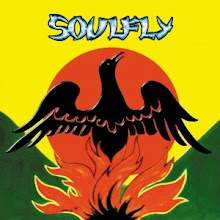
Review by Simon Cantlon
Ronnie James and his latest version of Dio roll out another collection of songs on Killing the Dragon, steeped in the requisite medieval imagery he loves to use. The songs and the sound remain the same throughout, and as far as Dio is concerned this can be both good and bad. From the beginning he takes listeners down a familiar route with "Killing the Dragon," which begins with a sinister intro and quickly kicks in with a classic metal guitar riff -- formulaic yes, but definitely rocking. The song's subject is the computer ("small gods with electrical hearts"), referred to as the dragon, and how it is now "time to be killing the dragon again." Dio's voice is in fine form, as is the musicianship of his current lineup, including the latest addition of Doug Aldrich on guitar, who successfully captures the classic Dio sound. This release occasionally treads in too-shallow water, trying to sustain the magic on songs such as "Push" and "Guilty" with overly simplistic lyrics and hollow melodies. However, with songs such as "Along Comes a Spider," "Before the Fall" (a forceful rocker with great keyboard additions by Scott Warren), and "Rock & Roll" (a melodious ballad inspired by the September 11th tragedy that is very Sabbath-like in its pacing), Dio remains in classic form. "Throw Away Children," a song about runaways and child abuse that includes the requisite children's chorus, tries to mark the same vein as Pat Benatar's "Hell Is for Children," but ultimately is unsuccessful. The song was originally supposed to be used for Children of the Night (an organization that rescues children from street prostitution), but the lyrics were deemed too depressing. One could easily accuse Dio of being formulaic and unchanging, and while that is oftentimes true, it is also his consistency that gives him a quality of sound that fans know they can depend on. At one point he sings, "Kneel and behold your new king" -- same as the old king but still worthy of the metal crown. This is a welcome addition to any fan's collection.
1
Killing the Dragon
2
2
Along Comes a Spider
3
3
Scream
4
4
Better in the Dark
5
5
Rock & Roll
6
6
Push
7
7
Guilty
8
8
Throw Away Children
9
9
Before the Fall
10
Cold Feet
http://rapidshare.com/files/397545536/DIO-2002_-_Killing_The_Dragon.rar































